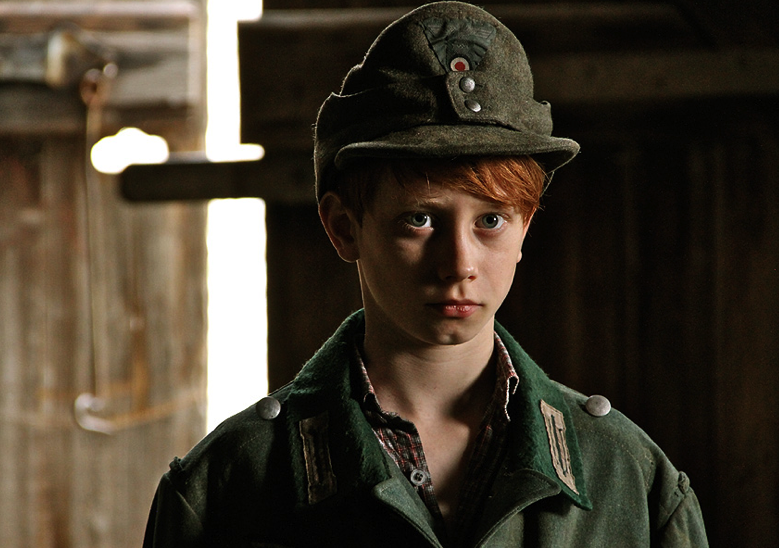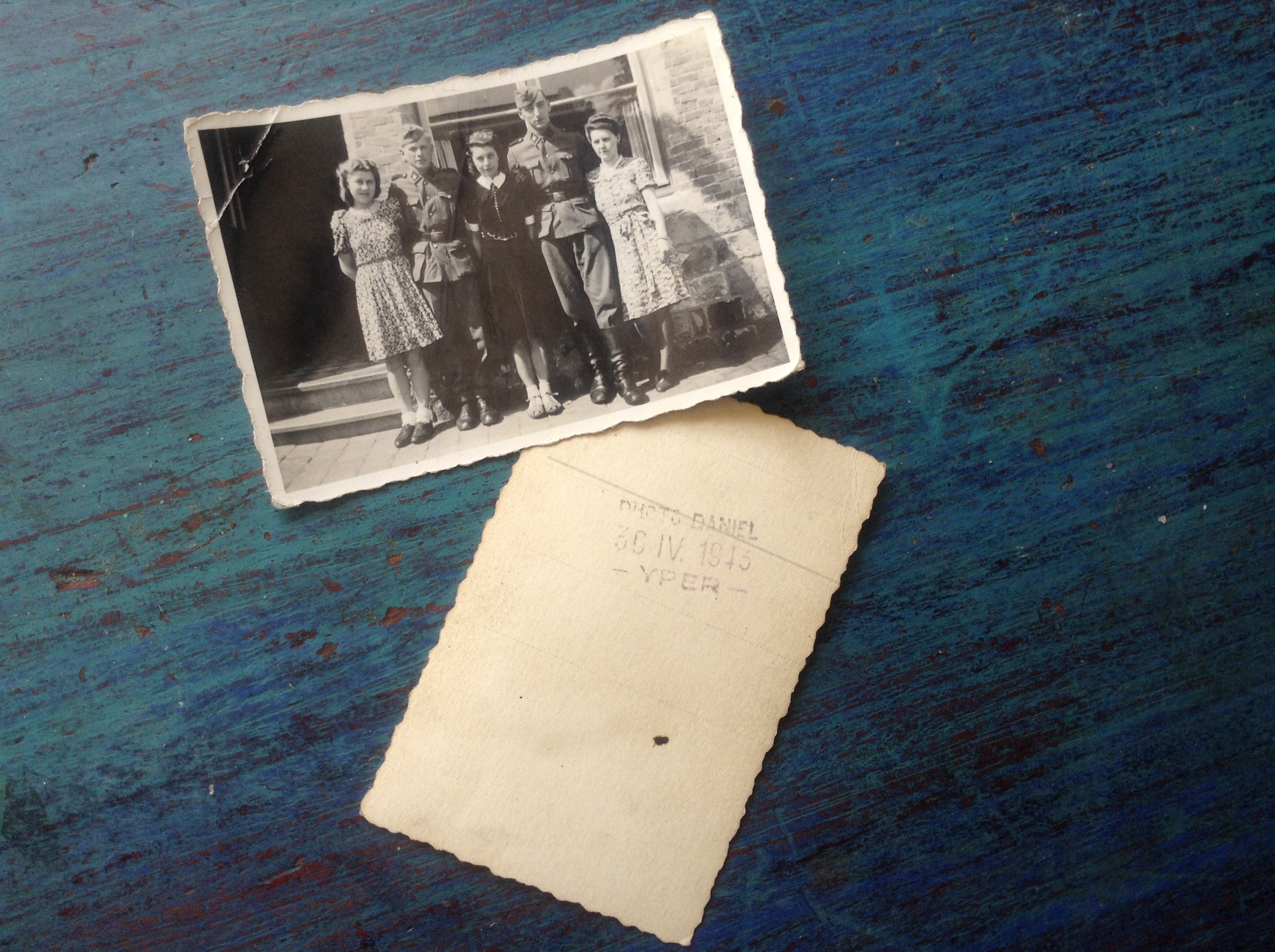Once upon a time I wrote this thing. This script, Janni Schenck. Then I re-wrote it and each time I learned something else I had to re-write it again. I’ve lost track of how many re-writes I’ve had to do.

For years I convinced myself I couldn’t write it. It’s about a German kid in a small rural village in 1945. I’m not German. I only went to Germany once and that was Hamburg, which nice though it is, isn’t any more like a rural village than Heathrow is like Keevil airfield. Exactly. Where I grew up. Where we used to ride mopeds. Where there was a huge WWII resettlement camp for Polish people. More irrelevancies; that was the point. There was always a reason not to write it, because I thought I couldn’t.
Then late last year I got pneumonia. It really wasn’t funny but one good thing came out of it: I wrote Janni Schenck in about ten days. That might explain why it needed so many re-writes, but on the plus side I only remember sitting down to write, with my laptop, on the sofa practically in the dark twice, for about ten minutes. It must have taken longer than that, but I honestly don’t remember.
So the update: when I wrote my first script it won the BBC Writers Room prize, which was going to pitch it to Cascade studios which I duly did and equally duly they didn’t option it, life being unfair. Later on, someone who works on scripts for a living told me ‘it’s not a script.’ She also told me that Cascade’s rejection of it on the basis that there was ‘a gap in the narrative arc,’ (unlike say, the millions of narrative gaps in Love Actually) was standard. As she said, ‘there always is.’
I sent it to Film Suffolk via an actor friend who liked it and sent it on to someone who might be in a position to produce it. He sent it back too, but for reasons I’d predicted. More than somewhat surprisingly he’d written a screenplay about a German kid of the same age, set at the end of WWII in a little German village near where my semi-invented German village was. Or wasn’t. I don’t know where the real Janni Schenck’s village was and I think he’s long dead given I met him nearly a quarter-century ago; I set it in the fictional village in Fall, which is a real place but these days is mostly under a reservoir. It caught my eye not for its name but for the story in the newspaper a while ago, about how the water was drying out. Fall was resurrecting.

I sent it to an American festival where screenplays they like are performed. They liked it but they didn’t perform it for a number of technical reasons, none of which were what I expected and all of which are fixable. There are three major things to do, one of which I’ve completed and the other two I’m wasting time not doing today, so by six o’clock or it won’t get done.
The reason Film Suffolk’s producer friend didn’t want to get involved was for the reason I’d predicted. Outside Germany it’s going to be hard to place. Germans in films are Bad. Everyone knows that. This is a world America saved, don’t forget. At the cinema, anyway. Band of Brothers had the 101st Airborne showing the Brits how to do it at Arnhem don’t forget, which is a pretty good trick given there were precisely no Americans at Arnhem at all. None. Zilch. Nada. It never happened. Except on TV.
So I need to find a German producer and one who’s worked in the genre, as we say, taking off our hand-crafted Persol shades and looking intent. And I might have found one, after only a very little research, if you can call Google and Wikipedia ‘research.’ But don’t start me on that.
Please step forward Herr Tom Tykwer. While I was teaching kids to shoot in America and driving my Chevrolet to Gene Fleck’s Meadow Inn with a cheerleader called Nancy-Jean (no, I actually, tragically actually did all this stuff), Herr Tykwer, who I am going to be incredibly polite to before I’ve met him, was setting up a film company. And he made a film dealing with a similar theme.
Four Days In May is curious. It’s about a boy in the Hitler Youth, about the same age as Janni in 1945, set in the very last week of the war. The end of Janni’s war came about a fortnight earlier. But other than that, very similar.
I’ve just signed-up for the London Screenwriter’s Festival, but first a weekend course on re-writing.
The course promises to transform it from good to world class. And so far, I know it’s good. When the only negative comment to date is “I’m not reading this again – it’s too upsetting. Sorry,” then although I hadn’t intended to upset my friend, it wasn’t the worst thing she could have said about it.
There were serious reasons she’d been upset by it, but it’s a serious subject. When you’re thirteen you only know what you’re told. For some people, that goes on for the rest of their lives. The tragedy is that for some of those, that’s quite a short time-scale.

